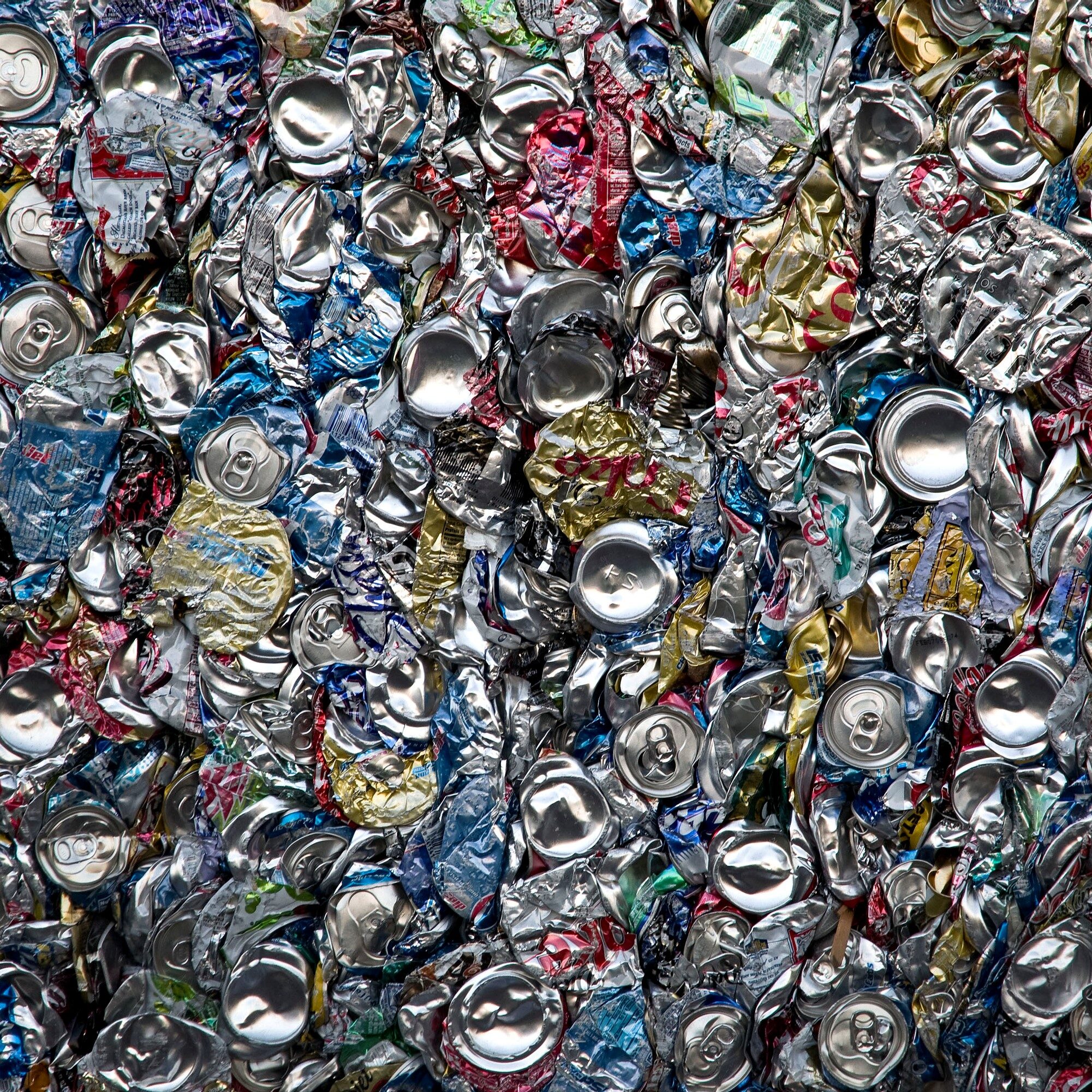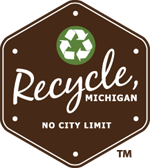MICHIGAN’S DEPOSIT LAW
In Michigan, retailers are required to charge a 10¢ deposit on every single-serve carbonated beverage such as, beer, soft drinks, and carbonated & mineral water. Grocery stores that sell those items are required to pay back that 10¢ deposit when those containers are returned to the store for recycling. Michigan has one of the highest deposits in the country, which has yielded a collection rate of over 75-90% for over 15 years. Because of Michigan’s high deposit cost, participation in return programs has collected on average, 10-20% more bottles and cans than states with $0.05 deposits.
While the Michigan Deposit Law was put in place as a litter prevention measure, it has provided a high quality stream of recycled aluminum, glass, and plastic to global manufacturers for many years.
What happens to raised funds from deposit costs that go unclaimed? While 25% of unredeemed deposits in Michigan go back to retailers to offset the cost of collecting the deposit material, the other 75% is retained by the state for the following uses:
- To clean up specific sites of contamination in Michigan.
- For educational programs on pollution prevention methods, technologies, and processes, with an emphasis on the direct reduction of toxic material releases or disposal, at the source.
- Savings within the Trust Fund, which will collect 10% per year until a maximum of $200 million is met.
Have a question about deposit laws in Michigan?
Find your answer here!

